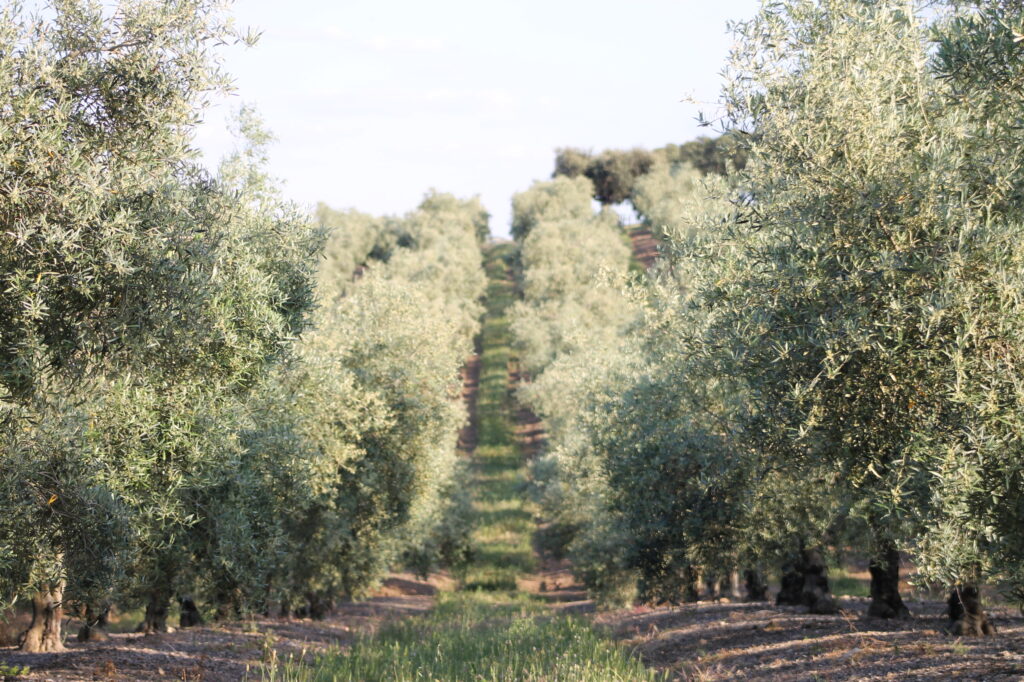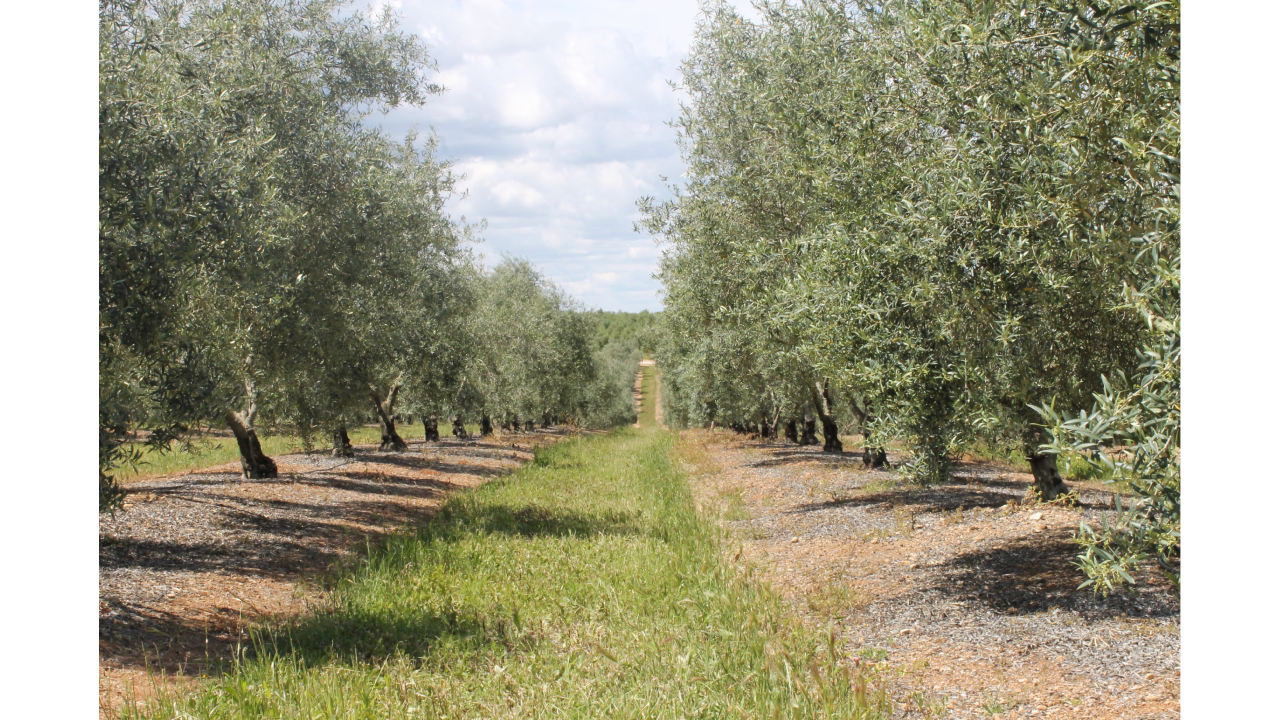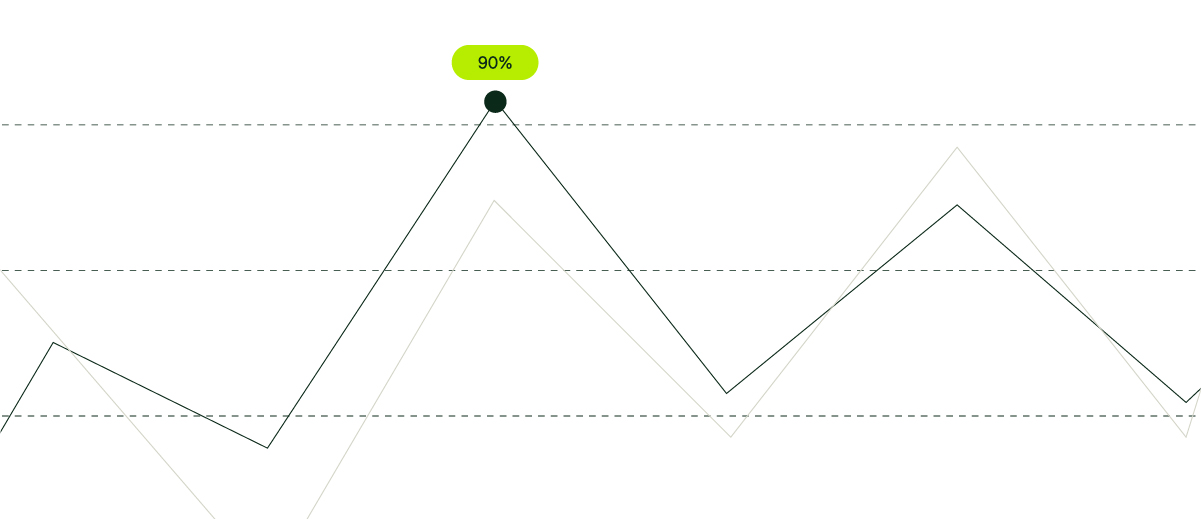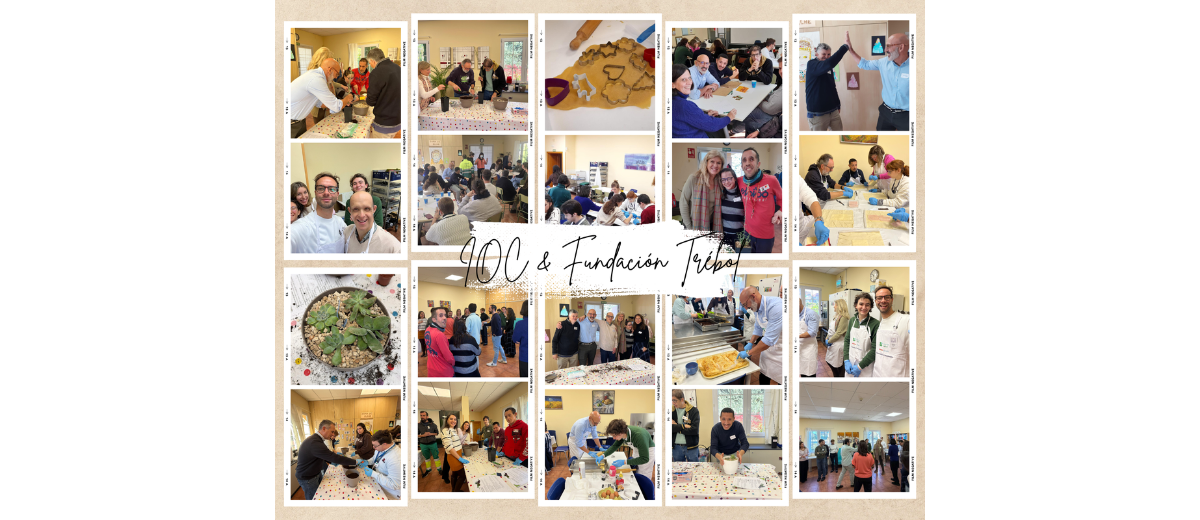International Olive Council (IOC), Madrid, Spain, 17-19 October, 2023
It is known today that the relationship between agriculture, in particular olive growing, and climate change is bidirectional.
On the one hand, the high dependence of olive trees on climatic conditions makes them vulnerable to climate change; but on the other hand, olive groves are able to capture carbon dioxide (CO2) from the atmosphere and store it in the permanent vegetative structures of the olive trees, thus increasing their organic matter content and transforming them into permanent reservoirs of CO2.
According to the 2017 study of the CO2 balance of olive oil in the world carried out by the International Olive Council (IOC), the world olive-growing area, which spans 10.5 million hectares according to IOC data, is capable of capturing 47 million tons of CO2 per year. This means that, on average, one hectare of olive grove can capture 4.5 tons of CO2 per year. Taking into account the total life cycle of olive oil, it can be maintained that the production of one kilogram of olive oil removes 10 kg of CO2 from the atmosphere.
Recently, several initiatives have emerged to generate ‘carbon credits’ from agriculture. These could hypothetically be monetised on the voluntary emissions market. The European Union (EU) is at present working on a framework for certifying carbon removals.
Therefore, we are currently at a crucial moment for the olive grove to obtain recognition of its fundamental environmental role. This recognition could have a positive effect on farmers, as their sustainable and positive agronomic practices would allow them to obtain additional income.
The current situation is an ideal scenario for the IOC to contribute to the development of the methodological and policy frameworks aimed at enhancing the role of olive groves as an effective strategy to achieve the United Nations climate goals, in line with the adaptation measures recently described in the sixth synthesis report of the Intergovernmental Panel on Climate Change (IPCC).
It is in this context that the IOC will be organising an international workshop entitled “CARBON BALANCE OF THE OLIVE SECTOR: PART OF THE SOLUTION AGAINST CLIMATE CHANGE” at the Organisation’s headquarters in Madrid (Spain), as well as online, from 17 to 19 October, 2023. The working language of the workshop will be English.
As the world’s only intergovernmental organisation in the field of olive oil and table olives, the IOC occupies a fundamental position in the olive sector, providing its Member States with technically contrasted tools, developed according to recognised and validated standards and that are easily accessible to the end user.
The workshop will provide a unique opportunity for participants to exchange on their experiences, to reflect on the position of the olive oil and table olive sector in terms of its contribution to the achievement of the “CO2 neutrality” objectives, as well as on how the current situation can benefit the sector as a whole.
The workshop aims to bring together stakeholders in the olive sector – experts, lawyers, policy makers, project coordinators, private company representatives, etc. – who are interested in the assessment of the carbon balance, the removal of CO2, carbon credit markets, etc., with a view to creating a platform for reflection on these issues.
All key players in the field of sustainability in the olive sector are invited to participate in this workshop, which aims to identify avenues of mutual understanding and collaboration and to promote synergies that will strengthen the study of the carbon balance in the olive sector.
If you are interested in this topic and would like to participate in the workshop, please write to us before 20 June 2023 at iooc@internationaloliveoil.org, with the addresses l.sikaoui@internationaloliveoil.org, c.bbalula@internationaloliveoil.org and ja.polo@internationaloliveoil.org in copy. Selected participants will be evaluated according to their profile and their interest in the field. To this end, please include your Curriculum Vitae (CV) highlighting your work in the olive sector, particularly in terms of the carbon balance, as well as a brief paragraph explaining your motivation to participate. Due to budgetary restrictions, the IOC will not be able to cover the travel and accommodation costs of all participants. If these costs can be covered by the interested participant, please also mention this in your email.
Selected workshop participants will be contacted by 20 July 2023.











